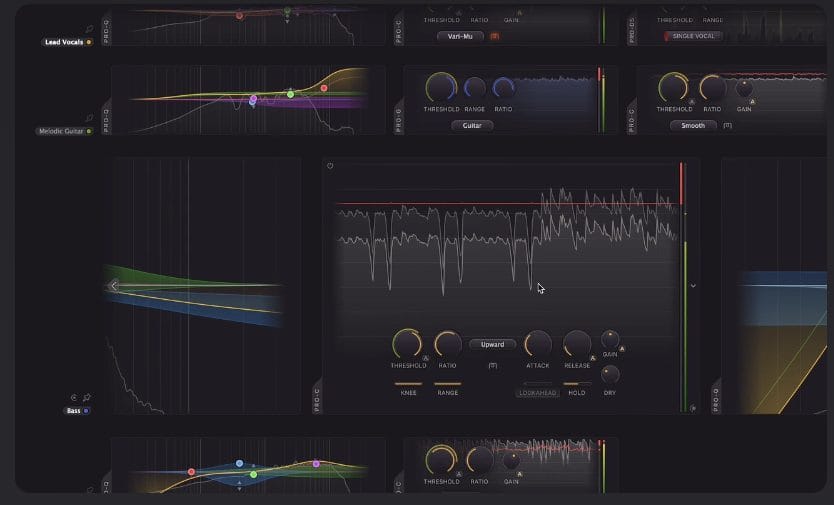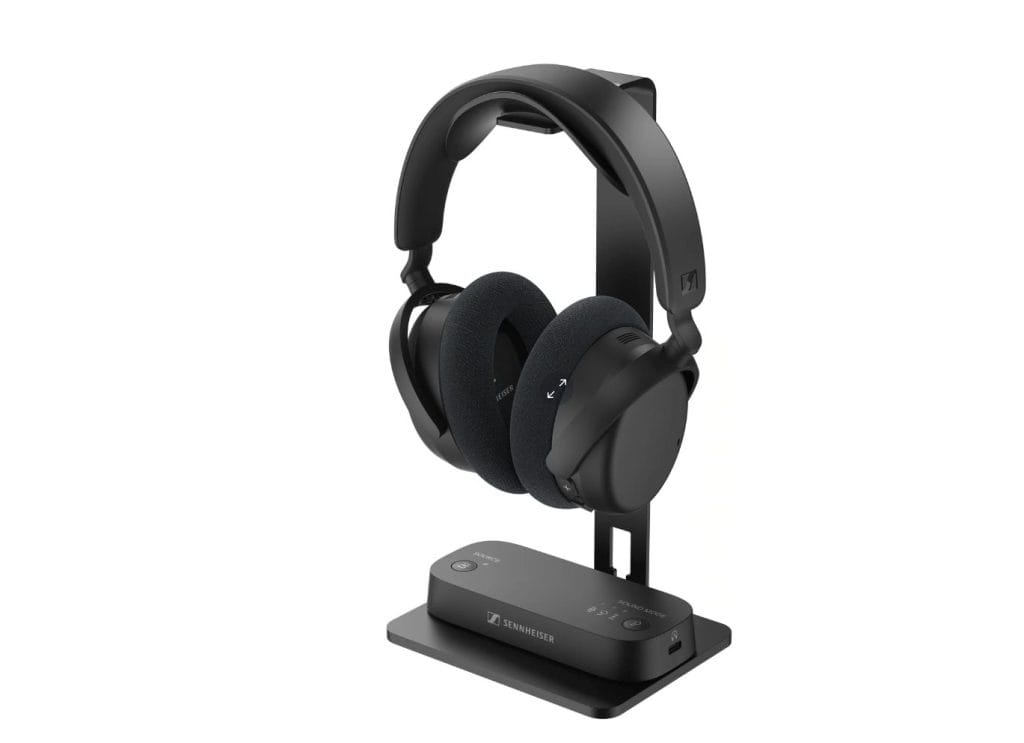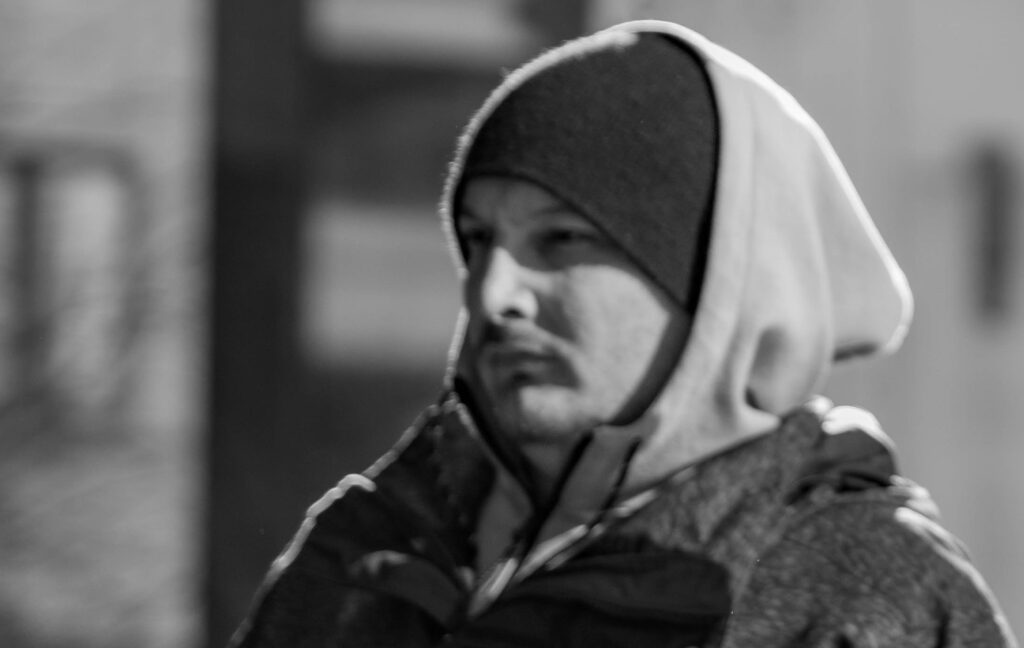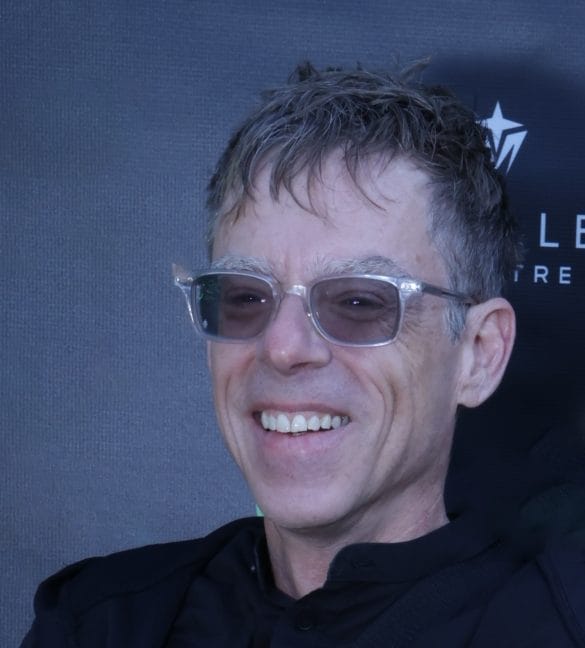With years of experience designing online curriculums for institutions like Dubspot and ICON Collective (before the recent implosion), John von Seggern knows how traditional music programs succeed—and where they fall short. His new project, Futureproof Music School, aims to rebuild the model entirely. Co-founded with Max “Protohype” Pote and Steve Nalepa (The Acid, Splice, Dubspot), Futureproof combines real mentorship with adaptive AI tools to build a new kind of production education: one that moves at the speed of the music industry, not semesters.
Check Out FutureProof Here
Officially launched this spring, Futureproof blends voice-based AI feedback, monthly check-ins with active artists, and personalized learning paths based on what each student already knows. The goal is to help students avoid cookie-cutter curriculum tracks and zero in on what they actually need to grow—whether that’s mixing help, career planning, or releasing their first record.
We caught up with von Seggern to talk about what today’s producers are missing, what AI does well (and what it doesn’t), and how Futureproof was designed for the YouTube generation of bedroom artists looking to go pro.
You’ve spent time leading online education at places like Dubspot and ICON. What gaps in those systems pushed you to build Futureproof from scratch?
After years in the online music education space, I kept seeing the same two problems that I wanted to address.
One-on-one tutoring is the best and fastest way to learn, but it’s also prohibitively expensive for a lot of students. At ICON, we required every student to spend an hour per week with their personal mentor. This worked well for some, but it made the school inaccessible for many—and it still wasn’t optimal for others. Some students needed more time, some less.
At Futureproof, students are matched with mentors like Protohype or Drumcell and check in monthly. They can message anytime for extra help, and book private sessions if they want. This keeps tuition low while still offering meaningful feedback.
The second big issue was a one-size-fits-all curriculum. Most students have already learned parts of production on YouTube, and they don’t need a full A-to-Z program. They need someone to help them fill in the gaps.
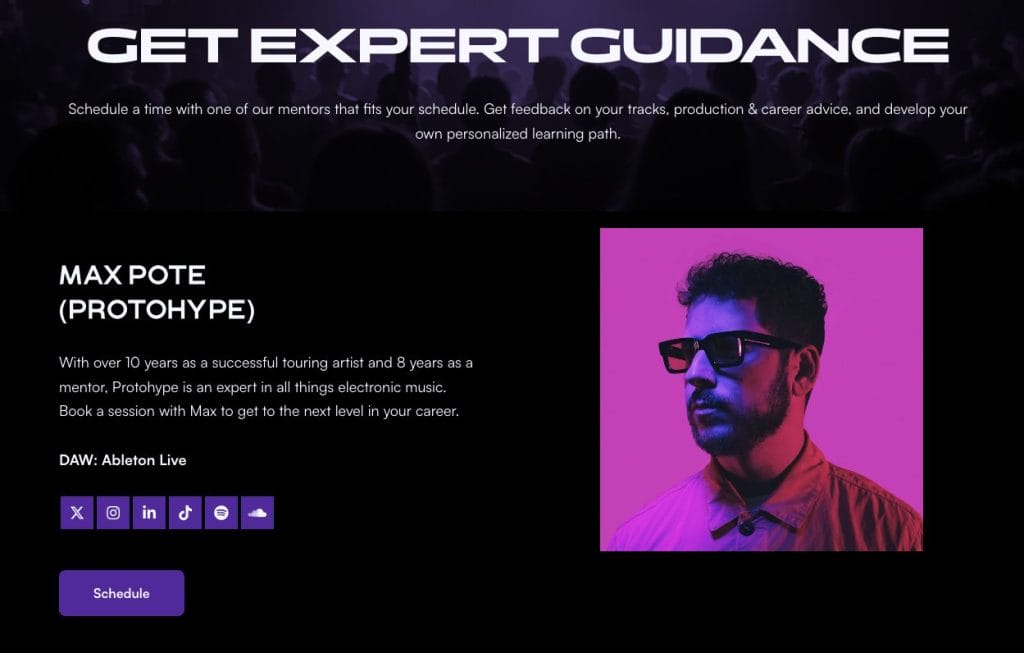
That’s why we built Futureproof around adaptive, personalized learning. By combining AI tutoring with strategic human mentorship, we can deliver that personalized flexible experience at a fraction of the cost. The AI helps with the personalization and pacing, while human mentors step in for the nuanced guidance that only comes from real industry experience. This approach makes high-quality music education accessible to people who could never afford traditional programs.
A lot of producers are skeptical of AI in creative fields. What would you say Kadence actually does well for students?
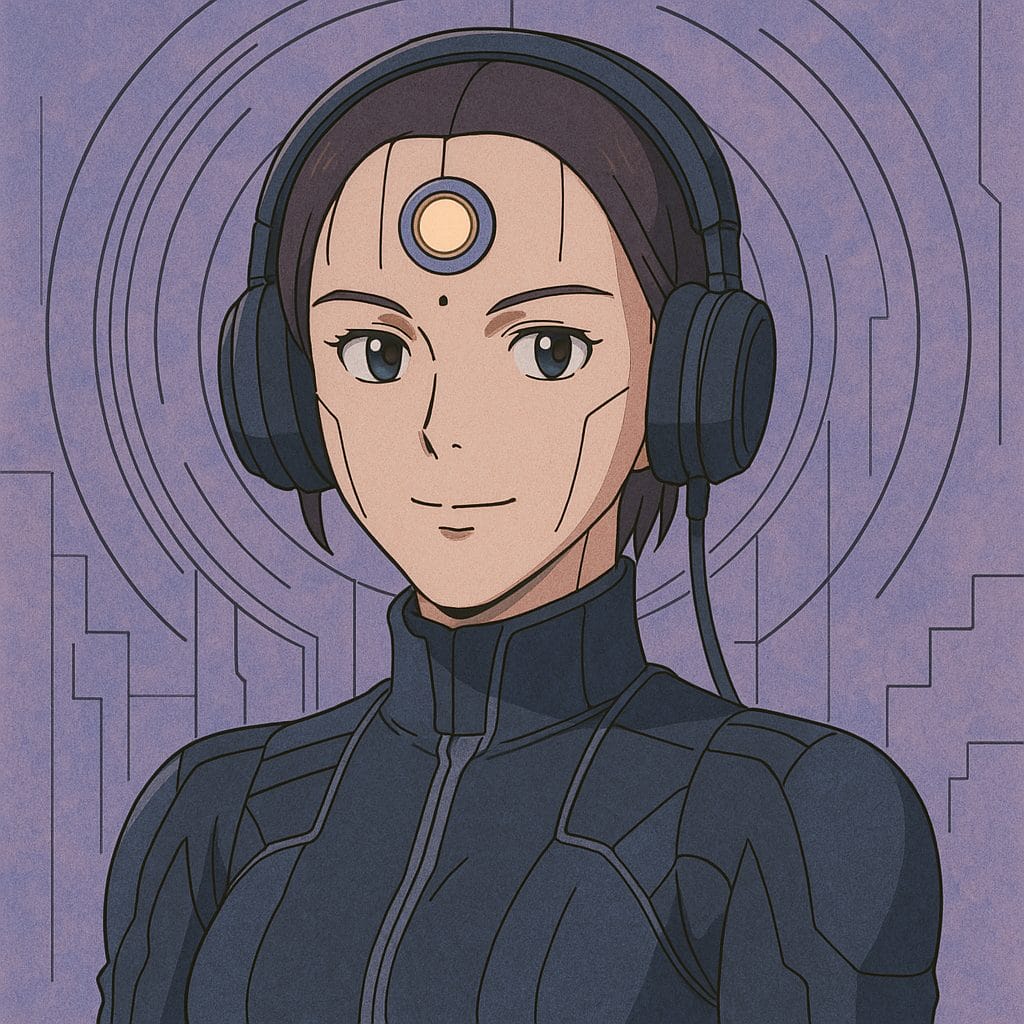
I think a lot of skepticism around AI in creative fields comes from a fear that it might overshadow or take the place of human creativity. As a musician and producer myself I understand that feeling! I started my career as a jazz bassist, then studio musician, then producer/DJ, then sound designer—my whole career has been trying to stay one step ahead of technology.
At Futureproof, we’re not interested in using AI to replace creativity, but to help provide a personalized and accelerated educational experience. Our AI helps you learn faster and reach your goals quicker. It’s not a replacement for our human tutors, but a supplement to our curriculum and courses that’s always available and can answer your questions whenever you need.
The best analogy to Kadence is probably Khanmigo, the AI tutor in Khan Academy that many students may remember from their school days—that’s our role model here—and of course Kadence also has the ability to listen to and analyze music, see your screen, and communicate via voice. Recent studies from Harvard and Stanford indicate that this kind of AI tutor can massively improve and accelerate learning outcomes.
We also use AI behind the scenes to help determine what you ought to learn next. Having a chatbot tutor is just the first step—the next generation of the platform that we’re working on now will be more like a Duolingo for music producers, with content dynamically generated from the Web based on the latest industry trends.
What’s something traditional music education consistently gets wrong when it comes to preparing students for real careers?
The biggest issue is that traditional programs treat music education like it’s static—focusing heavily on technical proficiency and theory while paying less attention to how rapidly the industry evolves.
New production techniques, distribution platforms, marketing strategies, even entire genres can explode and reshape everything in months. Students graduate with skills that were relevant when they started but are already obsolete.
The other major gap is the lack of real-world application. Most programs are still built around this academic model where you study theory, practice technique, maybe do some projects, then hope you can figure out the actual business side later. But that’s backwards. Students need to be engaging with the industry from day one—releasing music, building audiences, collaborating with other artists, understanding the ecosystem they’re entering.
At Futureproof, we’ve built our entire approach around staying current. Our AI systems continuously pull the latest industry data, and our mentors are active professionals living these changes daily. We even developed a career planning tool that takes your goals, skills, and interests, then uses AI to research current industry trends and create a personalized roadmap that updates as things change.
It’s not enough to just teach production skills anymore. You need to prepare students for adaptability—how to pivot when genres shift, how to leverage new platforms, how to build sustainable careers in an industry that never stops evolving. That’s what being “futureproof” really means.
There’s a wave of producers learning on TikTok and YouTube. What do you think they’re missing without structured mentorship?
We actually designed Futureproof specifically for this generation of producers.
Here’s what we see happening repeatedly: producers learn the fundamentals on YouTube and then hit a wall. They can make beats, they understand the tools, but their tracks still don’t sound professional. They’re stuck at this intermediate plateau where their music doesn’t match their vision.
The deeper issue is that short-form content can’t provide the comprehensive understanding needed for real growth. A three-minute TikTok might show you a cool sound design trick, but it won’t teach you when and why to use it, or how it fits into the bigger picture of arrangement and storytelling.
More importantly, these platforms can’t answer the career questions that become crucial once you’ve got the basics down. How do I actually get my music heard? What does the industry look like today? How do I build a sustainable career as a producer? What’s the difference between making beats in your bedroom and being a professional?
That’s where personalized mentorship becomes essential. It’s not just about techniques—it’s about developing critical thinking, artistic vision, and industry understanding. A mentor helps you navigate conflicting advice, identifies your specific weaknesses, and provides a roadmap tailored to your goals.
What did your experience inside big schools teach you to avoid when building Futureproof?
I think the key thing I’ve learned about online education is how to balance technology with personal interaction, ensuring that we don’t lose the human touch.
Also the importance of keeping a lean and efficient backend operation and not letting your plans get too grandiose!
We want to build a business where the majority of our income goes to rewarding our instructors and creators and to keeping our tuition low—an ecosystem that benefits everyone in it. I’m setting our pay rates for teachers well above anywhere else I’ve worked, and we’re paying royalties to our key course creators so they’re motivated to keep their content fresh.
Where do you want Futureproof to be in five years?
In five years, I see Futureproof as a trailblazer in music education, setting a new standard rather than just presenting an alternative. Our mission is to craft an education system that’s adaptive, innovative, and dynamically updated with the latest information about music production and the industry.
We hope to blend the strengths of traditional education with the latest technology and personalized mentorship, ensuring that our students are not just technically skilled but creatively and professionally prepared for today’s fast-evolving music landscape.
The post Can AI Help Artists Grow Without Flattening Their Voice? Futureproof Says Yes appeared first on Magnetic Magazine.



